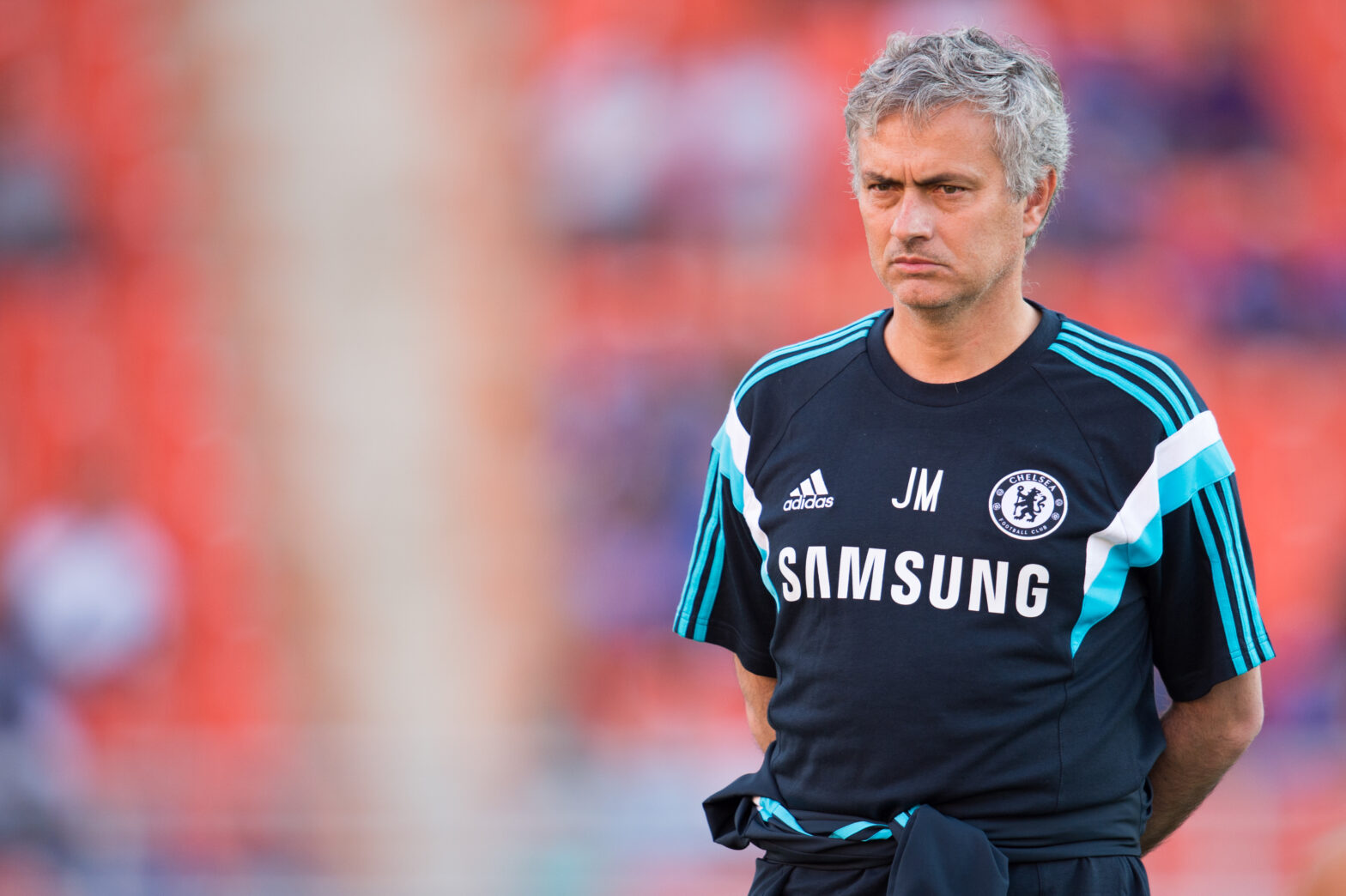Whilst the multi-million pound world of the Premier League and its ‘superstar’ footballers might seem like a different galaxy from the world of small business management, one incident over the past couple of weeks has made headlines on both the front and back pages.
Of course we’re talking about Chelsea manager Jose Mourinho’s controversial behaviour towards team doctor Eva Carneiro and the other medical staff.
In this particular match Chelsea’s star player Eden Hazard went down injured late on. This prompted the medical staff to take to the field to treat him. But this left Chelsea with nine men and understandably left Jose Mourinho frantic and anxious.
>See also: Tech apprentices – five myths busted
At the end of the game Mourinho accused his medical team (and particularly Eva Carneiro) of being naive and not reading the ingame situation where chelsea were at a numerical disadvantage – by being down to nine men.
The incident has grabbed headlines firstly because it was in a Premier League game – and therefore given a platform for mass exposure – but also because an internal disagreement was laid bare for the public to see.
This kind of insight is rare in most businesses let alone at the Premier League champions. Assuming you don’t want to go down the Jose route of publicly lambasting key staff then it begs the question: What is the best type of way to manage staff in a small business?
Let employees own the work
●A common type of management where the manager takes a backseat and delegates work to team members.
●This kind of management allows employees to take ownership of tasks and be creative – with the assumption being that this will raise the quality of the work.
●This method is particularly effective when dealing with a team who have defined roles and skills.
●If you’re managing a team who have specific skills then it might be advised to adopt a more laissez faire approach to managing your team.
Top down – dictatorial
●You (the manager) may deem it necessary to make the key decisions and delegate set tasks to your team.
●Your business may not have the time and resources to allow for employees to take take ownership of their tasks – for whatever reason – you don’t have this luxury.
●Its important to ensure that your team are delivering on what you set them to do by closely monitoring their progress.
●This is often described as autocratic which does immediately bring negative connotations of control and restricting freedoms.
●This may not be an option and you have to ensure that tight deadlines are kept too and projects delivered.
An Inclusive approach
●A middle of the ground approach to management which takes aspects of the latter points.
●This invites dialogue between manager and employee on agreed targets and objectives that can be realistically achieved.
●It keeps the manager in control of the process but at the same time gives an employee the chance to have their say on how a piece of work should be delivered.
●Its important for a manager and their staff to understand each other so that expectations can be realistic.
●If your business can allow for a more fluid two way approach then this might be a better way to achieve the results you want.
Rewards and incentives
●A great way to achieve greater productivity is by offering rewards as a way to incentivise team members to deliver on agreed deliverables.
●This could be whatever you deem to be appropriate- an extra day off work, or a bonus are common types of rewards.
●This type of reward based leadership is commonly referred to as transactional leadership.
●This type of management is particularly useful if you’re working to a very tight deadline with strict parameters.
There is a wide variety of management styles which you can incorporate into your business strategy. Resources on this subject are endless, but what is most important is that you do what is appropriate to the nature of your business and something which you are comfortable with executing.
For example, adopting a care free attitude to a tiny micro business which is in its infancy probably wouldn’t work very well when deadlines are tight. Equally constantly supervising a team of graphic designers throughout a working day will only distract and break their concentration.
Its important that you establish exactly what works best, and if you get the style correct then you will have a happy and content team who will deliver on their tasks- But I would probably stay clear of copying Mourinho in this area.
Madesimple is a business services provider offering a variety of different products to startups. This includes company formation, credit checks, virtual office services, domain name hosting and tax returns
For more information on how MadeSimple can help your business start, run and grow see here
http://www.more-for-small-business.com/basic-management-skills.html
http://www.mirror.co.uk/sport/football/news/eva-carneiro-vs-jose-mourinho-6245043
http://smallbusiness.chron.com/5-different-types-leadership-styles-17584.html
http://changingminds.org/disciplines/leadership/styles/transactional_leadership.htm







